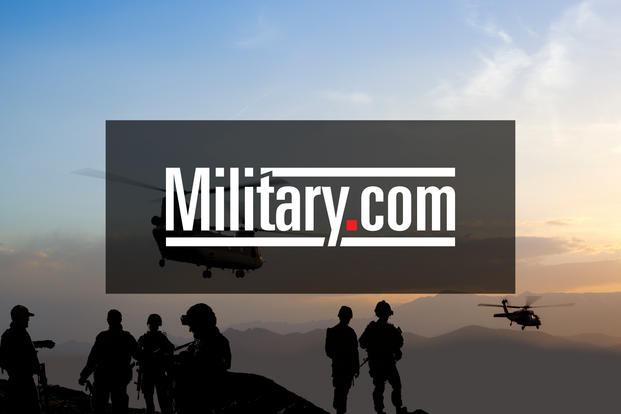Iraq warned Wednesday that Turkey risks war over its threats to intervene militarily in northern Iraq even as Iraqi forces worked to secure a first foothold within Mosul against the Islamic State.
"We do not want war with Turkey, and we do not want a confrontation with Turkey," Iraqi Prime Minister Haider al-Abadi said on Iraqi state TV. "But if a confrontation happens, we are ready for it. We will consider [Turkey] an enemy, and we will deal with it as an enemy."
Turkey has repeatedly rejected Abadi's demands to withdraw a contingent of about 500 troops near the town of Bashiqa, about 10 miles north of Mosul. The Turkish troops have been training local tribes that Turkey wants to participate in the occupation of Mosul.
Abadi also expressed concerns over Turkey's buildup of tanks, artillery and troops on the border and threats to intervene if Shia Popular Mobilization Units, which are part of the Iraqi Security Forces, move to take Tal Afar to the west of Mosul.
Turkey scoffed at Abadi's warning. Turkish Foreign Minister Mevlut Cavusoglu said, "If you have the strength, why did you surrender Mosul to terror organizations? If you are so strong, why has the PKK occupied your lands for years?" Cavusoglu referred to the Kurdistan Workers Party, or PKK, which has bases in northern Iraq and has been labeled a terrorist organization by Turkey and the U.S.
"You cannot even fight against a terror organization. You are weak," Cavusoglu said of Abadi, according to Turkey's Anadolu news agency.
The Iraq-Turkey friction was the latest evidence of regional, sectarian and ethnic divides in northern Iraq that U.S. officials have warned could imperil the Mosul offensive and make governing in its aftermath a daunting task. The local population is a mix of Sunni, Shia, Turkmen, Kurds, Yazidis, Shabaks and Assyrians.
On Wednesday, the Iraqi Security Forces reported that the Counter Terror Services units, or Iraqi special forces, were consolidating a foothold inside the city limits of eastern Mosul while preparing for a drive on the city's center.
Other Iraqi units were arrayed on Mosul's outskirts to the south for possible moves against ISIS defenders on other axes.
Outside Mosul to the north and east, Kurdish Peshmerga forces reached their objectives in the offensive that began Oct. 17 and were consolidating their positions in support of the Iraqi advance into the city itself, the Kurdish news agency Rudaw reported.
"The Peshmerga have stopped now and carried out their plans. We are completing the rest of the plan from our fronts," Abdul Ghani Assadi, a commander of Iraq's counter terror units, was quoted by Rudaw as saying.
Under the plan approved by Abadi, Kurdish forces are not to enter the city to avoid exacerbating sectarian tensions.
-- Richard Sisk can be reached at Richard.Sisk@Military.com.





























